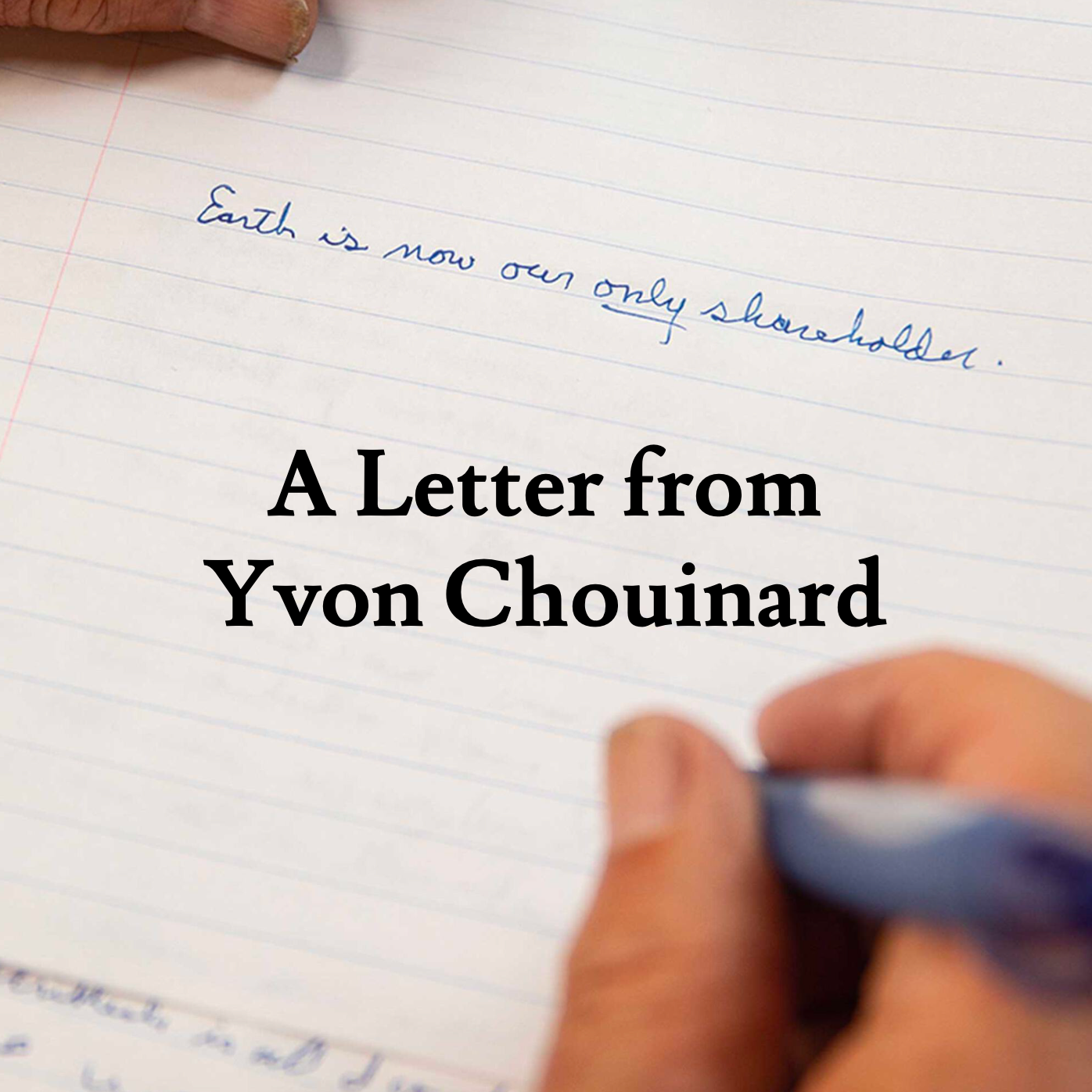How important is it for Indigenous Australians to have this representation?
People talk about, oh, we don't need it because we've got eight politicians in parliament. Well five years ago we didn't have that, right? We only have that because of people getting out there on the street and within the party system, but they're also not our representatives. And even in this referendum, our mob will make up less than 1 per cent of the vote. We do not have an overwhelming say within this. We need a representative model and this is one way that’s worked in many, many other places across the world and it can work here.
What about the potential of the Voice to help protect Country?
Our culture and our law and our political thinking is all based on reciprocity and how you live with Country and the idea that we belong to Country… we don't own Country. Our idea around land management and how we live collectively and take care of Country is key, but particularly I think when you are talking about climate adaptation in Australia. So much of the work of Indigenous rangers is going out to other nations because we have incredible land management techniques. Somewhere early in the campaign when they were first talking about the Voice there was an Aboriginal reporter who asked Albanese, ‘What if the Voice to Parliament wants to make recommendations on climate?’ And he was like, ‘Oh, well no, they can stick to their own.’ And mob just went off. We're just like, ‘What are you talking about?’ Of course we're going to talk about looking after Country. Climate change does involve us. Every frontline, whether it's coal or gas across the country, so many staunch Traditional Owners have been leading those fights for over a decade. They don't care about the profit margins of fracking corporations. This is about our water and our Country and keeping it liveable. Of course we're going to talk about protecting Country and this is going to be a model to do that.
Are you disappointed with the tone of public discourse around the Voice?
It was always going to end up like this. We can talk about the wisdom of running a referendum in a social media age where mis and disinformation is so rife, but I also think the other thing we need to be aware of is what is happening over in the US and what is causing so much division over there. It has just been imported into our politics and newsflash, they're winning with it and it’s here to stay. We also have 70 per cent ownership of Murdoch media in this country and that is a problem for us in this post-truth world. The other thing I think is heartbreaking is there are so many mob, and the first thing they're realising about the referendum is this discourse and they’re like, what the hell is going on here? I just worry about people's mental health. We get attacked on a whole bunch of stuff.
What are the implications of a no vote?
I feel like people are going to be devastated. The thing I compare it to is like when Brexit happened in the UK. There were so many people who voted for it and afterwards they were just like, ‘Hang on a minute. I didn't realise this is what the impact was going to be.’ And there was no way to undo it and what it said about the UK more broadly. If the Voice doesn’t get up there are a lot of people who are going to be really devastated and how do you hold collective grief around that? I thought that we were going to move forward so much more than this. How do you come back together after that sort of stuff? Because I genuinely do believe that lots of people think we should be moving forward on these issues.
Walking into the polling booth on October 14, what should be front of people's minds?
We need to think about who we want to be as a country. What country do you want to live in? What do you want to say to your kids that you did on this day? And think about what it actually means to people's lives who are affected by this policy. The majority of people who are voting are not affected by this policy. And so there are so many reasons to vote yes, but I think until First Nations people have the power to make decisions over our own lives things are not going to change and this is a step on that journey to achieving equality in this country. We don't have it. But I also would say that the reality is there are so many people who are just turning on and hearing about the referendum and they just have no idea. There are so many people there who haven't made up their mind, but don't talk about it. And the conversation around what this means to me or who we want to be as a country actually is very persuasive to them. So have a conversation with your friends and your family and if you can show up on polling day, be there because there will be so many people on polling day who wouldn't have even thought about what this thing means and they're very persuaded by regular people having conversations.













